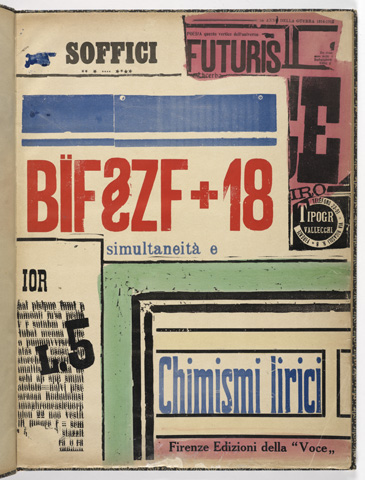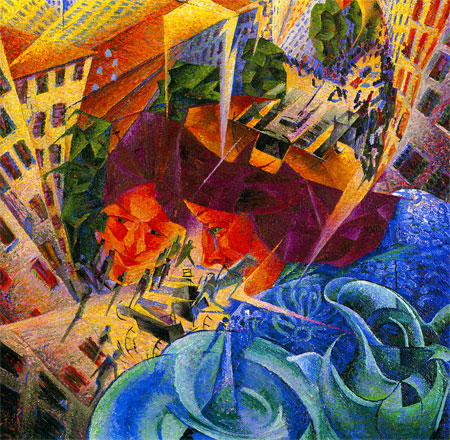Yearly Archives: 2006
disorder, mental, strikes me; i
Disorder, mental, strikes me; I
Slip from my pocket Dante to
Chance hit a word, a friend’s reply
In this bar; bare, dark avenue
The lunge of headlights, then bare dark
Cross on red, two blocks home, old Sixth
The alive, the dead, answer, ask
Miracle consciousness I’m with
At home cat chirps, Norwegian sweater
Slumped in the bar, I mind Dante
As dawn enters the sunk city
Answer a one can understand
Actual events are obscure
Though the observers appear clear
(Edwin Denby, from “Later Sonnets” in The Complete Poems.)
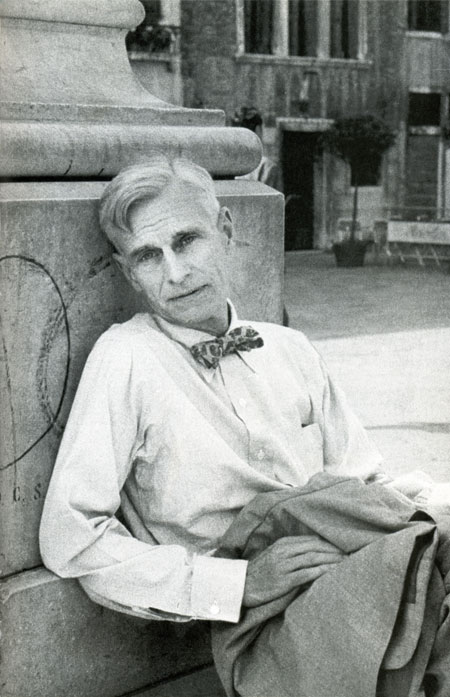
(photo by Jerome Robbins)
various things
pages
“So the notion of a book needs defining. The concept employed here is simply this: a book is something that unfolds itself. It is always offering portions of its self, withdrawing others, suggesting still others. Emerging, present, receding: there is how a book is. It is a manufactured thing. It works in certain ways; it cannot work in others. It has pages. There is the embarrassingly primitive essence of it.
We do not do nearly enough with what we have invented. Our sense of event, of plot, ought to be keyed to that, to the simple fact that a book is a thing of pages, and to the fact that a page will turn.
The turning of a page is an aesthetic event; or at any rate, it should be. Anyone who writes will know how oddly crucial it can be that a certain page end with a certain word, that the next one begin with a certain other.”
(Eugene Wildman, afterward to Anthology of Concretism (1969), pp. 161–162)
ray johnson, rudy burkhardt & peter hujar at vassar
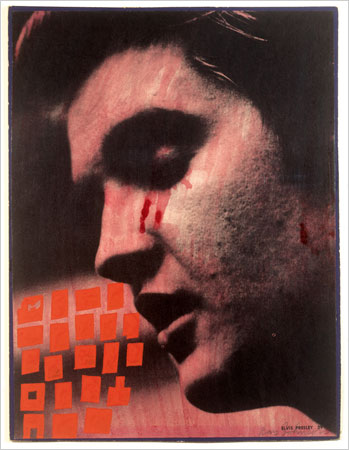
Reviewed by Holland Cotter at the NY Times.
futurist typography
(Ardengo Soffici, BÃF§ZF+18 simultaneità e chimismi lirici, 1915. Part of A Tumultuous Assembly: visual poems of the Italian Futurists at the Getty. Note this, this (English version), this, and this (English version). You should be able to download those . . .
arthur cravan, boxer & art critic
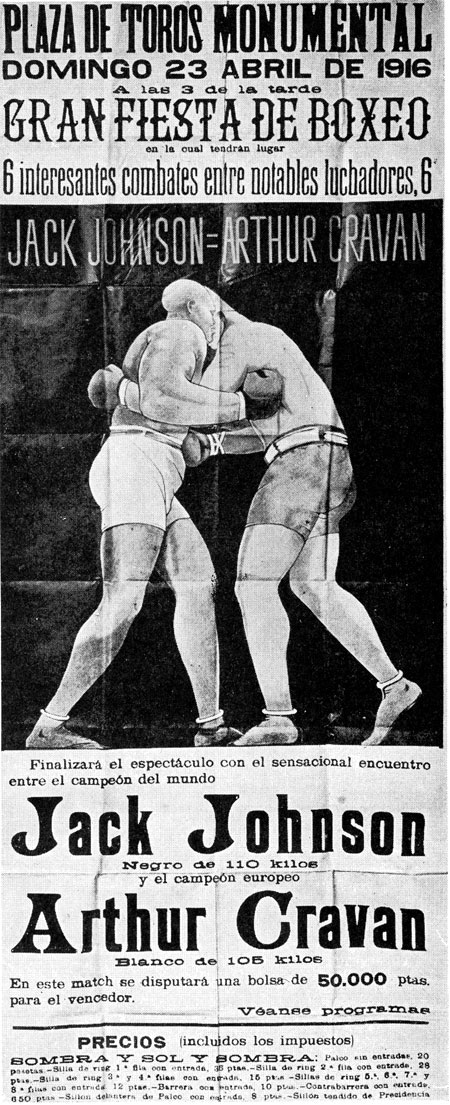
“. . . . Soon you won’t see anyone but artists in the street and the one thing you’ll have no end of trouble in finding is a man. They are everywhere: the cafés are full of them, new art schools open up every single day. I’ve always wondered how a teacher of painting, unless he teaches a locksmith how to copy keys, has ever been able to find a single pupil since the beginning of the world. People make fun of those who frequent palm-readers and other fortune tellers and never indulge in any irony about the simple souls who go to art school. Can anyone learn to draw or paint, to have talent or genius? And yet we find in these studios big dadoes of thirty or even forty and God forgive me, ninnies of fifty, yes, sweet Jesus! poor old fogies of fifty . . . .
It may be argued that art schools provide painters with heat in winter and a model. And for a true painter a model is life itself. At any rater you can judge for yourself whether a professional model is more alive than the plaster statues people copy in the Ecole des Beaux-Arts; but the frequenters of the Academie Matisse are full of contempt for the pompous deadheads at the Beaux-Arts; why, just imagine: they are turning out advanced art. It is true that some among them believe that art is superior to nature. Yes, my dear!
I am astonished that some crook has not had the idea of opening a writing school.”
(Arthur Cravan, “Exhibition at the Independents” (1914). Reprinted in Robert Motherwell’s The Dada Painters & Poets: An Anthology, p. 4. Translated by Motherwell, I assume.)
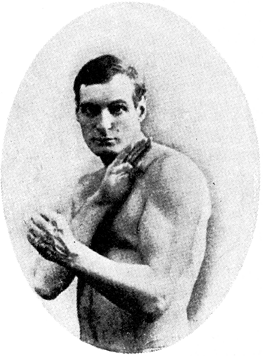
visioni simultanee
(Umberto Boccioni, Visioni simultanee, 1911. Oil on canvas, 60.5 x 69.5 cm. Von der Heydt Museum, Wuppertal.)
things around
ken friedman’s fluxus reader
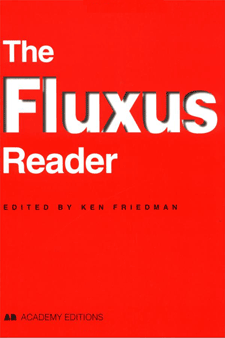
Ken Friedman’s Fluxus Reader, one of the major compilations of Fluxus-related documents has been posted in PDF form to Walter Ciancusi‘s Fluxus Podcast. Also available used here starting at $108.
